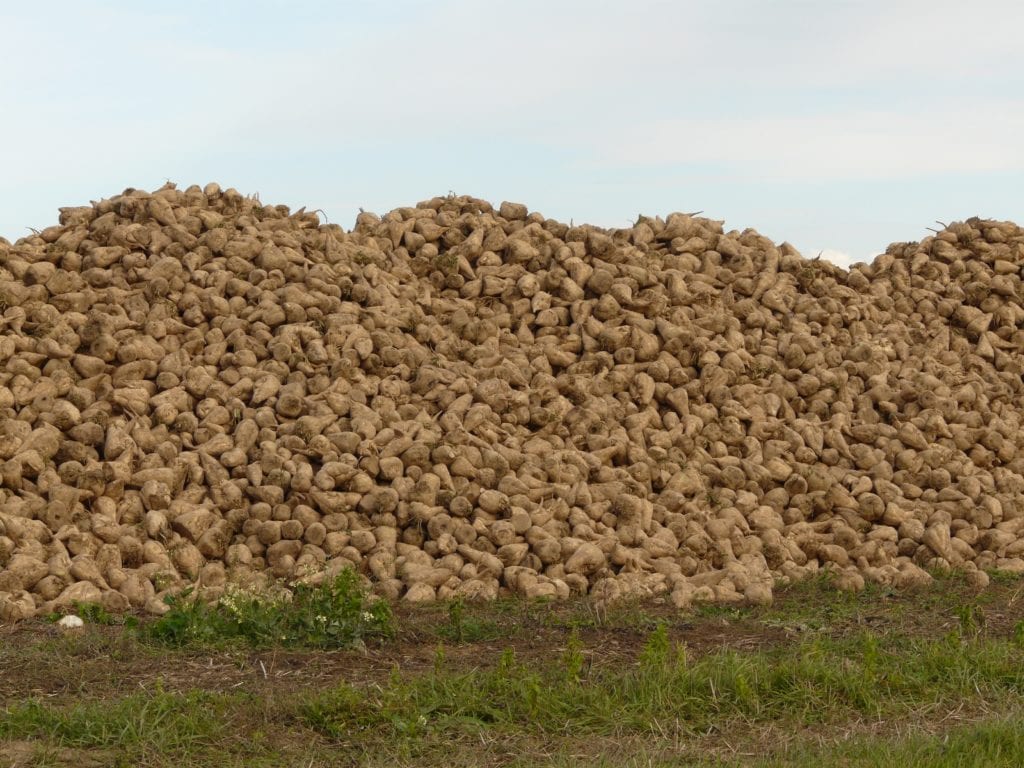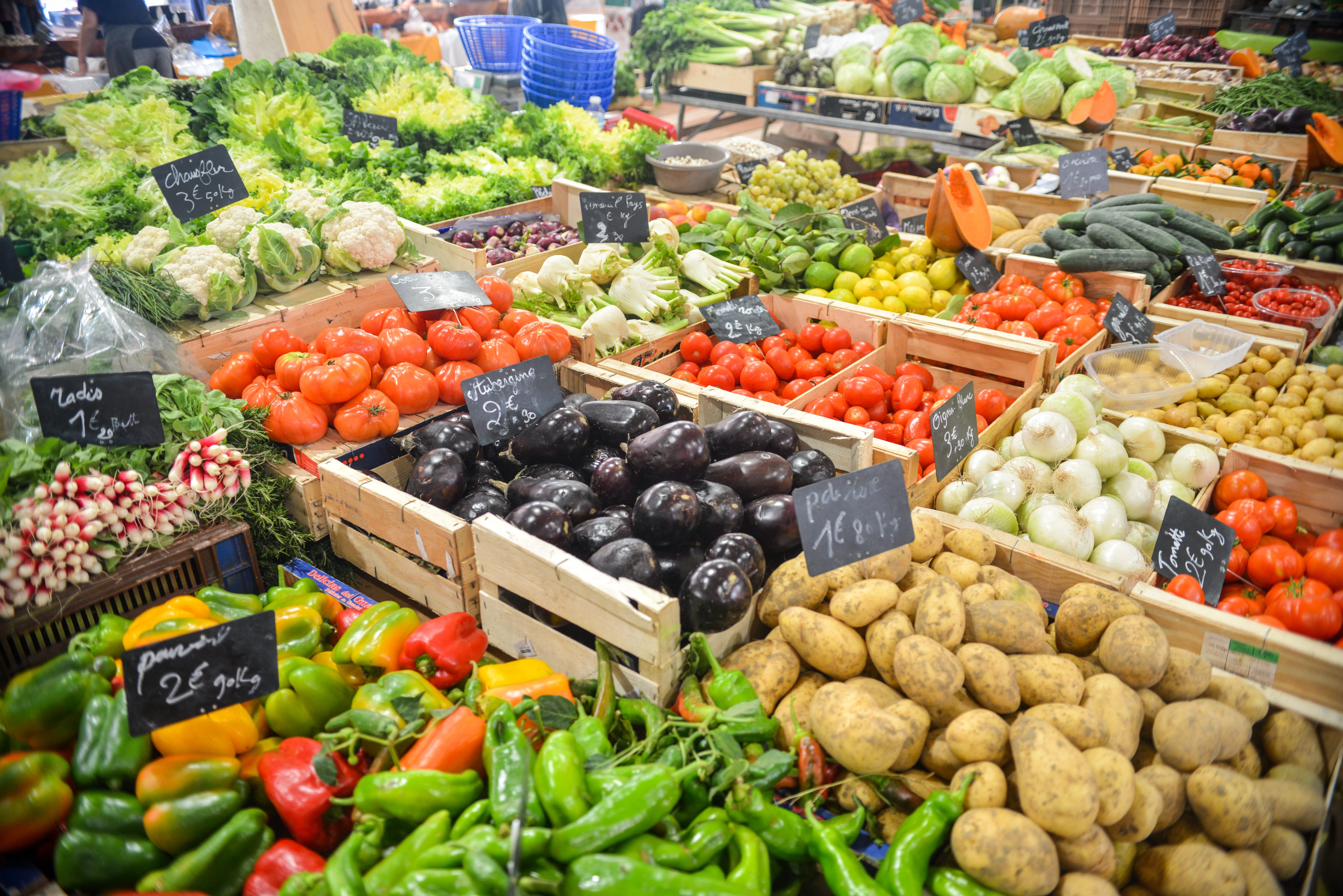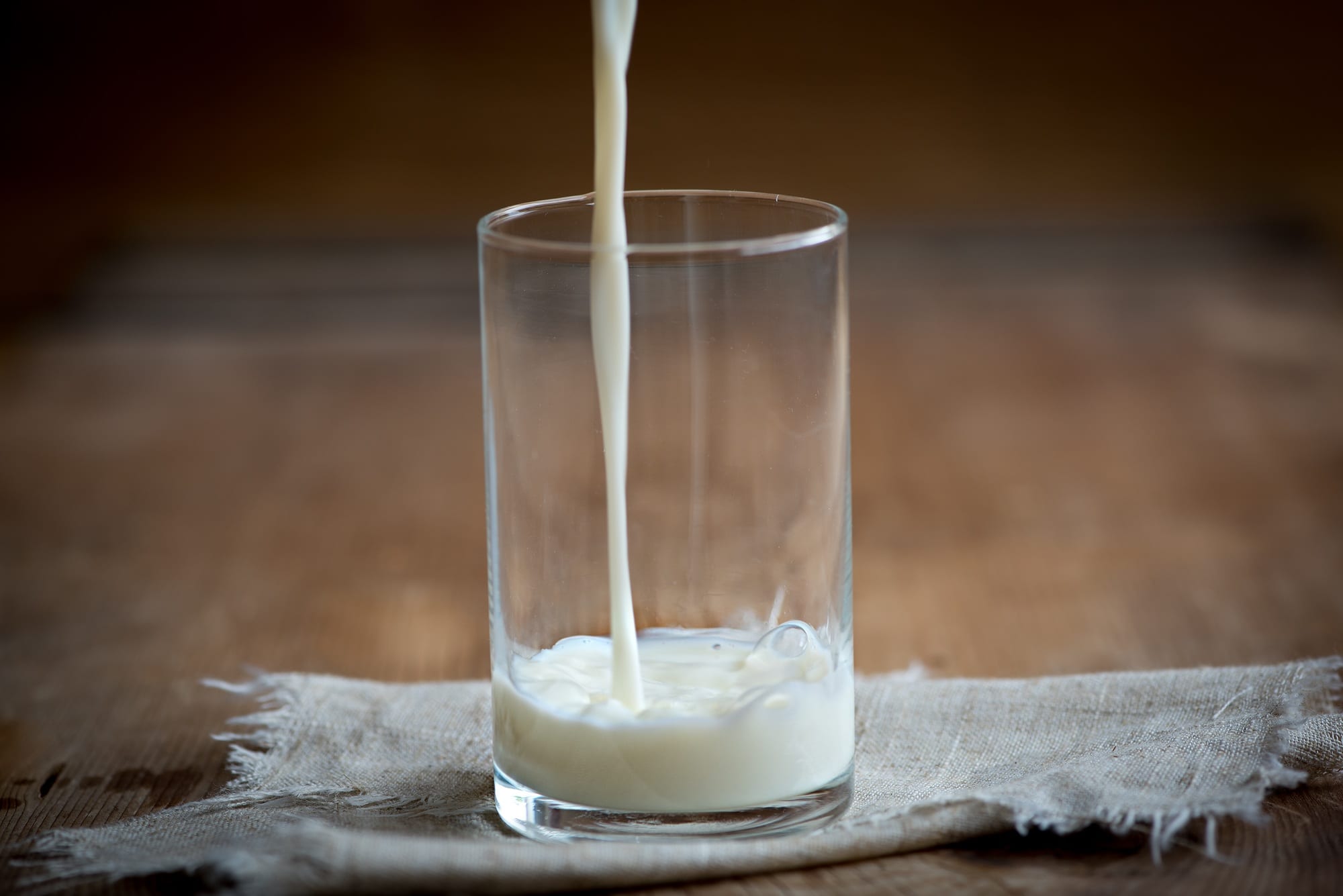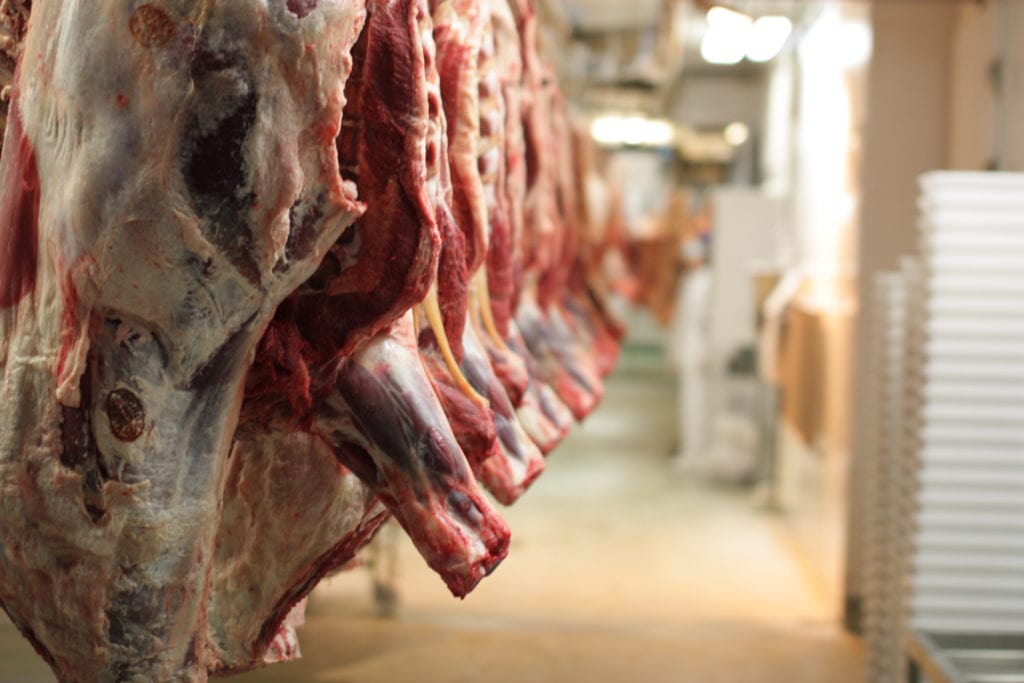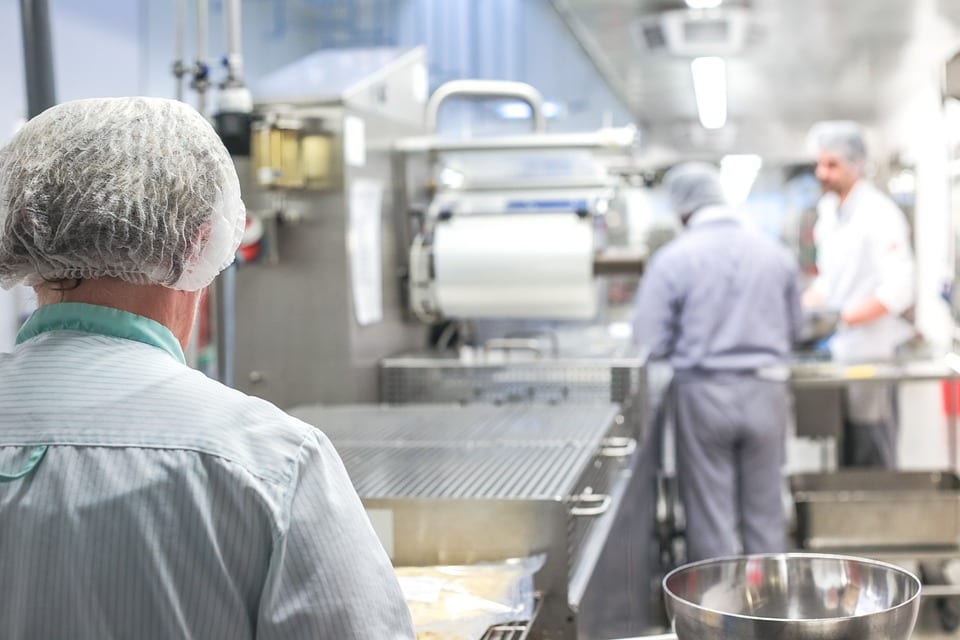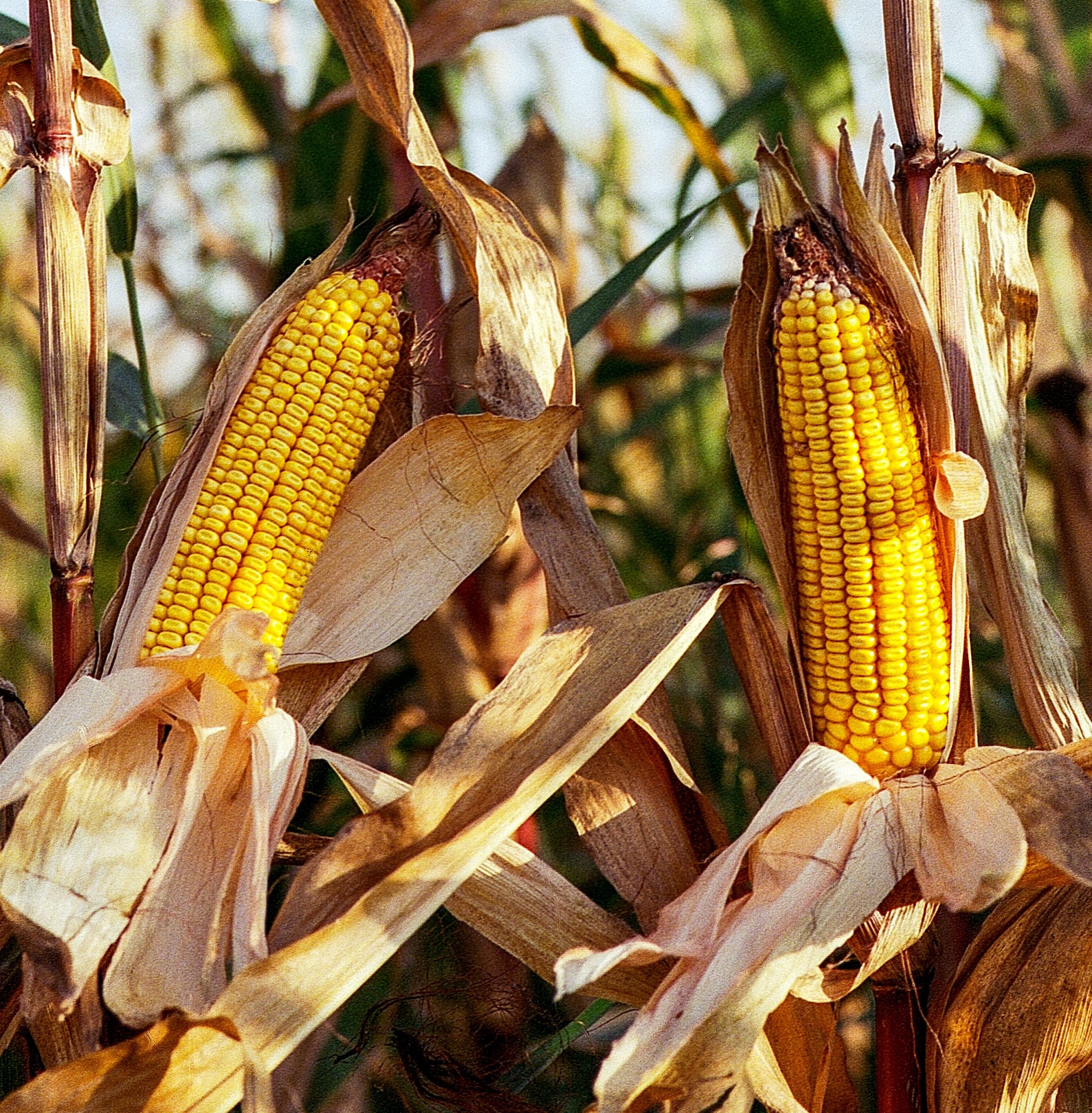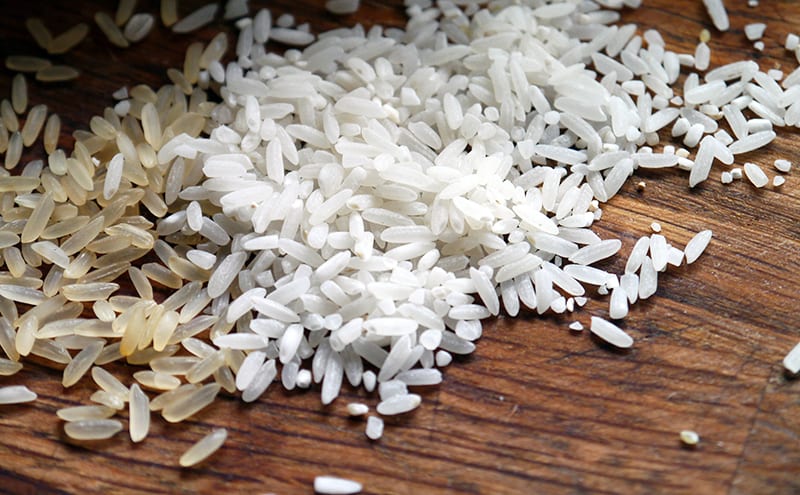Food & Beverage
Common applications in the food and beverage industries include food processing, cold chain monitoring, quality assurance, monitoring pest control effectiveness, temperature and humidity profiling crops, wine growing, coffee brewing, and many more. We supply the suppliers with the most reliable selection of temperature and humidity dataloggers anywhere.
Chocolate Storage Temperature Monitoring During Shipments
dataTaker Protects Transporation of Chocolate CAS DataLoggers supplied the chocolate storage temperature monitoring solution for a chocolate manufacturer experiencing problems when complaints came in from customers occasionally receiving spoiled chocolate products. There were three possible phases where this risk could occur– during manufacturing, transportation, or after the retailer received the chocolate. Since both temperature and … Continued
Temperature Monitoring Grape Vine Weather Conditions
Low-Cost Loggers Monitor Harsh Environmental Conditions for Winery CAS DataLoggers supplied the temperature monitoring solution for a Washington winery concerned about the complex grape vine weather conditions that affected the quality and yield in their vineyard. To protect their grapes from harsh environmental conditions such as mold and frost, the growers planned to conduct a … Continued
Sugar Beet Storage Protected By Data Logging
Squirrel Data Loggers Monitor Sugar Beet Processing CAS DataLoggers provided the data logging solution for UK sugar company British Sugar, which was searching for a high-tech way to prevent their sugar beet storage stock from deteriorating while waiting to be processed into white sugar bound for kitchens and tables around the world. Harvested sugar beets … Continued
Monitoring and Documenting Fruit and Vegetable Transportation
SwiTrace I-Plug Temperature Logger Protects Food Shipments The customer was growing and exporting fruits and vegetables to distribution centers and markets. Almost all varieties of fruits and vegetables in demand were temperature-sensitive, making them highly vulnerable to contamination and spoilage. Maintaining the temperature of these products throughout the cold chain took the highest priority to … Continued
Shipment Temperature Monitoring for Milk Crate Transport
Low-Cost Transit Loggers Meet Food Safety Transportation Standards CAS DataLoggers provided the shipment temperature monitoring solution for a milk supply company. During deliveries to distant receivers, including farmers’ markets and supermarket chains, the milk’s temperature needs to remain at a constant 2-3°C (36-37°F) throughout transit. Otherwise, the milk will be rejected by receivers as unsafe … Continued
Monitoring Meat Cold Storage and Shipments for Slaughterhouse
CAS DataLoggers provided low-cost transit loggers with real-time tracking to a slaughterhouse for monitoring their meat cold storage and shipments.
Sterile Storage Temperature & Humidity Standards Monitored by dataTaker
CAS DataLoggers provided the sterile storage temperature & humidity data logging solution for a decontamination facility’s safety processes.
Monitoring Seed Corn Drying Temperature to Optimize Product Quality
To optimize energy usage and product quality, producers monitor their seed corn drying temperature using a wireless continuous monitoring system.
Steam Heat Sterilization Monitoring in a Rice Mill
CAS DataLoggers provided a steam heat sterilization monitoring system to a food processing company that had recently installed a new production line.
Wireless Temperature Monitoring of Cocoa Bean Fermentation
In order to help ensure superior chocolate taste, a manufacturer needed to monitor the temperature and humidity of their cocoa bean fermentation process.




